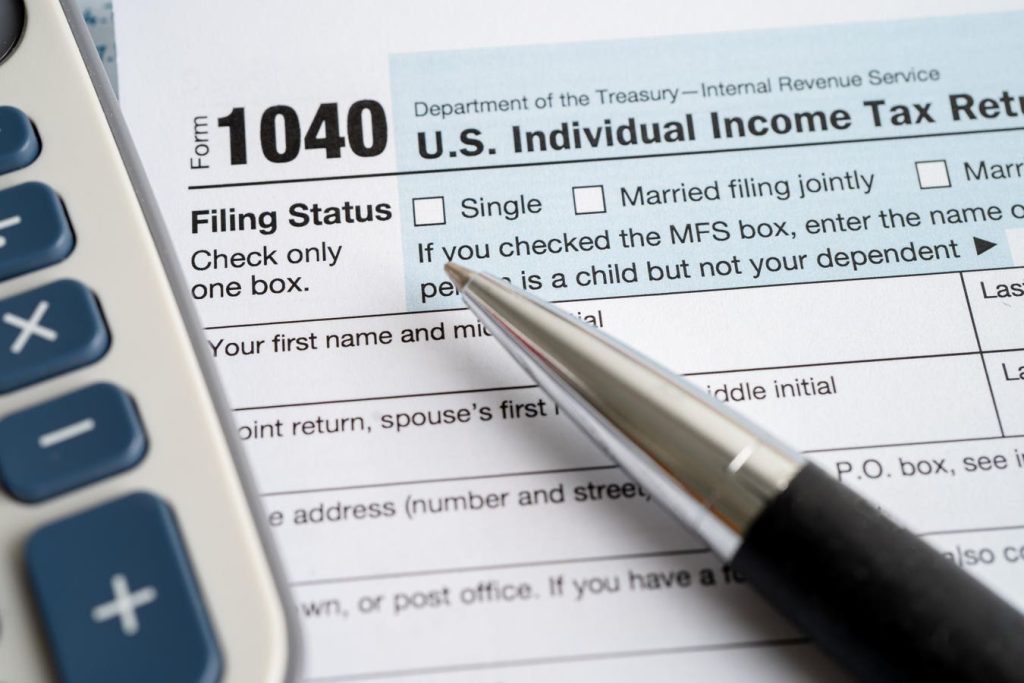Many people are unaware that they can correct mistakes on their tax returns without having to formally amend them. By submitting a superseding return before the original due date, individuals can effectively replace their initial filing. This allows them to make certain changes that cannot be made on an amended return, providing a useful loophole for rectifying errors.
However, taking advantage of this option can be risky. The IRS may become confused by this unconventional method, potentially leading to disputes or correspondence regarding the validity of the original returns. Therefore, it is crucial to carefully consider the implications of filing a superseding return and ensure that all necessary documentation is provided.
In most cases, individuals are required to file an amended tax return if they discover errors or receive revised forms such as 1099s or K-1s. The deadline for filing an amendment is typically three years from the date of the original return, or two years from the date of tax payment, whichever is later. Failing to file an amendment when necessary can result in penalties or even criminal charges.
Amending a tax return should not be taken lightly, as it can have financial consequences. If an amended return results in an increase in tax liability, individuals may be subject to additional interest and penalties. It is essential to carefully review all changes before filing an amendment and ensure that the necessary calculations are accurate.
It is important to note that filing an amended return does not extend the IRS’s three-year statute of limitations for auditing a tax return. Individuals should be aware of the potential implications of amending a return, especially if it results in an increase in tax liability. Planning ahead and consulting with a tax professional can help mitigate any potential risks.
If a taxpayer is unsure whether to file an amendment, they should consider whether their original return was accurate to the best of their knowledge. If there were mistakes or omissions, it may be advisable to file an amendment. However, individuals should weigh the potential risks and benefits before making a decision. Consulting with a tax professional can help clarify any uncertainties and ensure compliance with IRS regulations.


